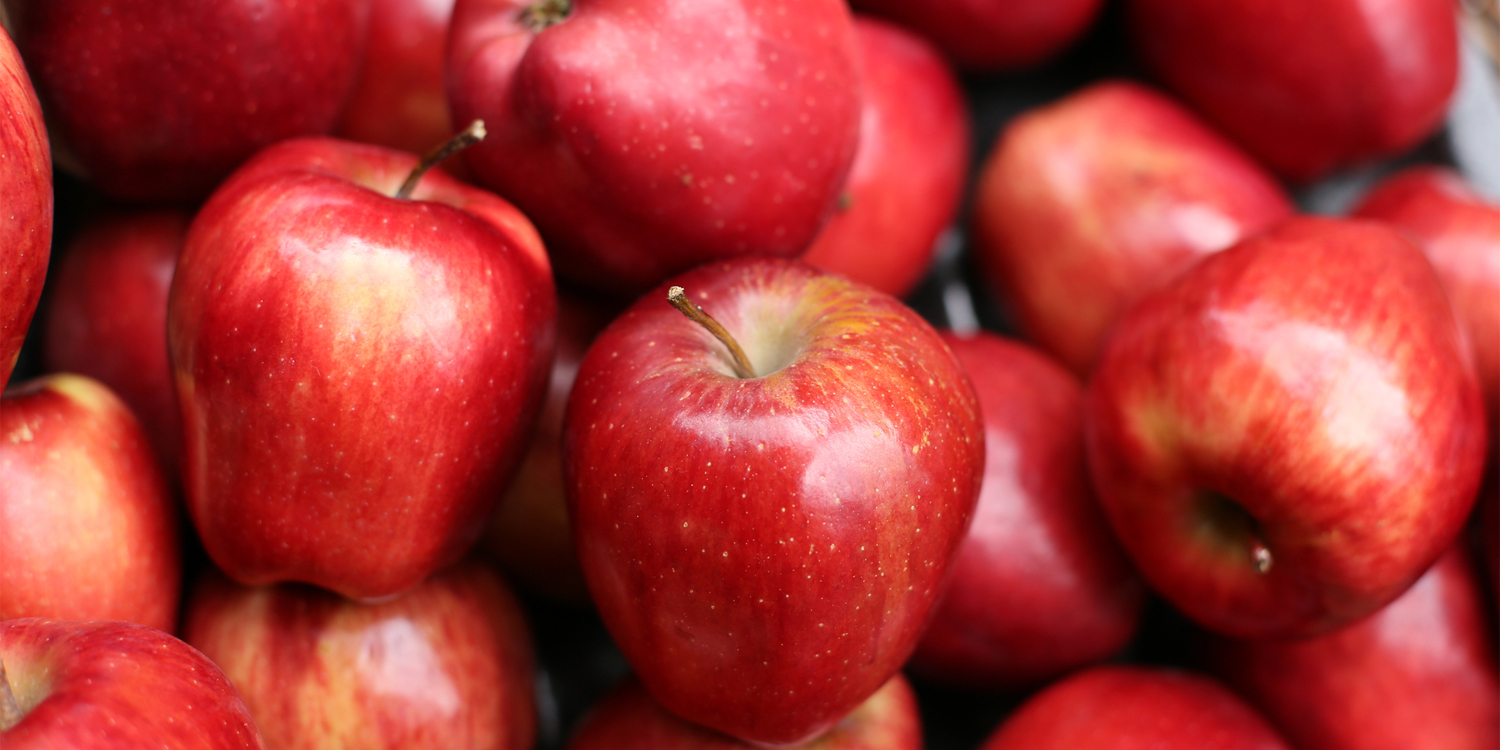These fruits of autumn offer vitamins, minerals, fiber, and more—all in one neat package.
Take One a Day
In an analysis of nearly 90 studies, apple consumption was consistently associated with a reduced risk of cardiovascular disease, cancer, and Type 2 diabetes.
Two British studies show that eating five apples a week may be beneficial for lung function, and other research finds that apple juice may help protect against age-related memory loss. Investigators believe that apples’ protective effects are due to their high levels of flavonoids, particularly quercetin, which has antioxidant and anti-inflammatory properties.
Apples are excellent sources of pectin, a soluble fiber that can help lower cholesterol levels and support digestion. Apples’ soluble and insoluble fiber help promote regularity, and pectin encourages the proliferation of friendly bacteria in the digestive tract.
One medium-sized apple provides 3 grams of fiber, more than 10 percent of the recommended daily intake. While many of its nutrients are found in the skin, a medium apple provides 2.7 grams of fiber even without its peel.
A Wide Selection
More than 25 varieties of apples with varying appearance, flavor, sweetness, and tartness are available in the U.S. Experiment with different types by adding them to recipes. From soups and salads to side dishes and entrees, apples complement a variety of flavors and add nutrition to any meal—they can offer so much more than a handy snack!


